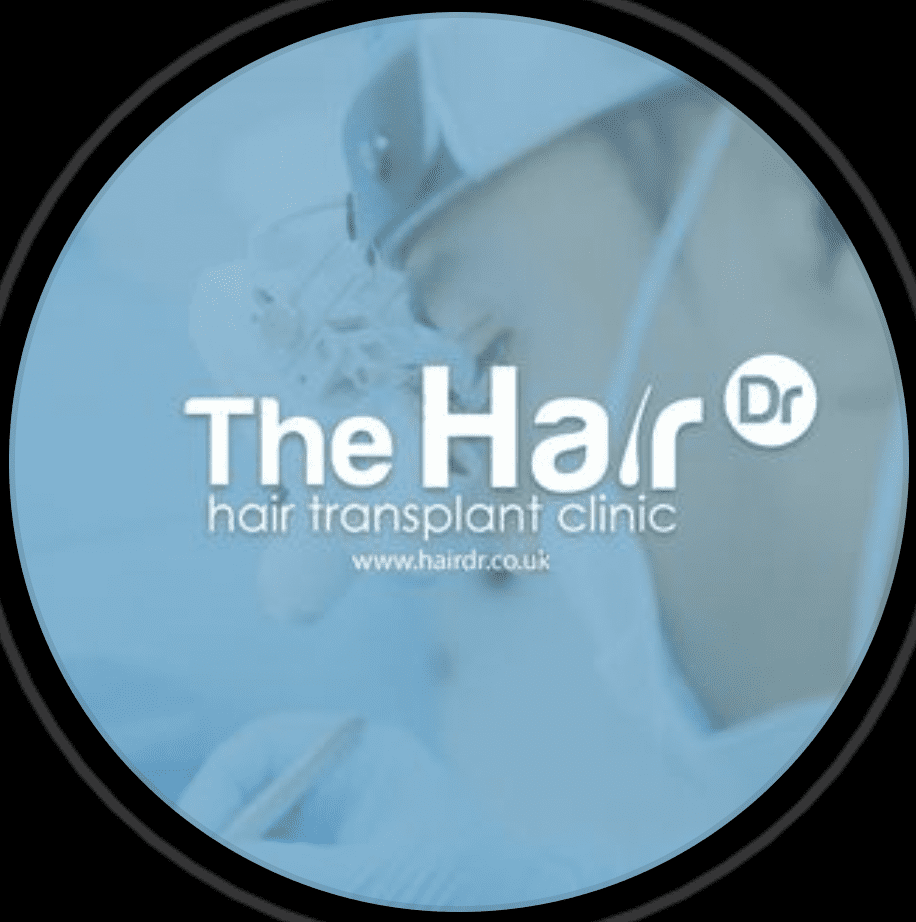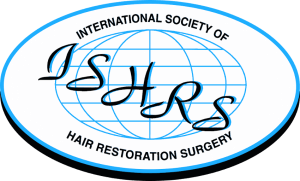Trichology scalp and hair loss. A trichologist is someone that specialises in the science behind hair. Trichology scalp and hair loss are all combined. Hair and scalp conditions can be an irritating and embarrassing part of our life, but a good trichologist will work with you to ensure improvement over the condition of your hair. However, they may not give you a simple pill or cream to cure your issues. Treating the cause of your hair loss rather than simply the symptoms you’re experiencing is essential to long term improvement.
What is Trichology?
Trichology scalp and hair loss is the study of scalp and hair problems. It covers different types of hair loss, baldness and scalp problems, as well as non-medical treatments for them.
It’s best to think of a Trichologist as a type of hair doctor. They are qualified to deal with hair loss and other conditions like alopecia and provide treatments for them.
When dealing with hair loss, many people prefer to see a Trichologist than their GP, as they are more open to exploring different treatments and also specialise in hair and scalp problems alone.
Trichology consultations
If you decide to research trichology scalp and hair loss problems, then you will be given a thorough consultation. Your Trichologist will carry out an examination of your hair and scalp and discuss your lifestyle with you. You are likely to be asked questions about your diet, general wellbeing, and medical history.
If your Trichologist believes that your hair loss could be a symptom of an underlying health condition, they are likely to recommend that you see your GP. This doesn’t mean that they won’t still provide you with a treatment plan for your hair loss but it is important that underlying medical conditions are identified and treated to prevent further hair loss and damage to your health.
Hair loss treatments
Depending on your hair loss and the condition of your scalp, your Trichologist is likely to recommend treatments such as hair re-growth shampoos and creams, low-level laser therapy, Platelet-rich plasma PRP or even surgery.
Hair transplant surgery
In some cases, a Trichologist may suggest a hair transplant. These are becoming more and more popular with both men and women and are something we offer here at The Hair Dr clinic. Hair loss surgery is designed to help people regain natural lost hair, along with their confidence and general happiness.
Wrong diet or wrong products?
Following a detailed assessment of your diet, lifestyle, health history and products used we can then ascertain the problem and decide on a course of treatment. We find that in some cases clients can misunderstand what is going on with their scalp.
For instance, people assume an itchy scalp is caused by dryness when in some cases it can be an excess of oil that is the issue. Sometimes an excessively oily scalp can indicate a bacterial infection – often the cause of hair loss or thinning.
Stress can have an impact on your hair as much as on your general health. The tension in the scalp can mean the follicles don’t receive enough nutrients and this can affect the thickness of the hair. Sometimes it can simply be the case that you are using the wrong product on your hair or are mistreating the hair after washing.
An example of this could be using an anti-dandruff shampoo when you don’t actually have dandruff or using a shampoo for dry hair when your scalp is actually oily. Drying your hair by vigorously rubbing it instead of gently squeezing out excess water can cause damage too.
Hormonal Imbalance
Hormones can have a huge impact on the quality of your scalp and hair. This is a very common problem in women, generally aged between 18 and 40. Hormone imbalance can also be due to stress and childbirth, both unavoidable life events. The change in hormone levels within the body causes hair thinning and breakage, and small amounts of hair loss can be unnoticeable but if huge amounts fall out and are left untreated then this could lead to permanent baldness.
Your trichologist may advise you to treat the hormonal imbalance early by prescribing hormone cream and lotion for your scalp. However, they may well also advise you on stress-relieving activities, as this will help reduce the chances of stress-related hair loss.
Diet
What you eat can have a huge impact on your entire body, including your hair. In fact, poor diet is one of the main reasons trichologists see hair loss. As your hair doesn’t serve a vital purpose within the body, your body uses the nutrients you get to maintain your internal organs first. Any nutrients, proteins, minerals and vitamins, are sent straight to your body, leaving your hair until last. This can result in hair breakage and loss. Low iron levels in particular lead to anaemia, which is a common cause of hair loss. This condition is more common within women due to menstruation, and vegans due to a potential lack of iron-rich foods.
To avoid hair loss and scalp conditions, your trichologist will give you the advice to ensure you have a well-balanced, nutrient-rich diet, as this is essential to give your body, including your hair what it needs. A Trichologist may take a look at your diet to establish if a dietary imbalance is causing your scalp condition.
Immune System
Faults within the immune system could be what is causing a scalp condition and hair loss. Sudden patchy hair loss could indicate an underlying immune system issue that should be treated by your doctor. An autoimmune disease could be simply treated with a nutritional plan or with specific medications. Then you can go on to look at measures to replace the missing hair with your trichologist.
Hair care advice
Badly treated hair may also be causing you problems. There are also a few everyday things we can do to help improve the condition of our hair and scalp to prevent serious scalp conditions occurring and your trichologist may ask you to look after your hair better. Some advice may include:
- Using the right brush. Daily wear and tear can irreparably damage to your follicles, so help prevent this by using the correct hairbrush. Using a paddle brush that has rounded prongs, along with detangling spray will help keep damage from occurring.
- Detangling long hair by brushing from the bottom – up.
- Giving your hair and scalp a daily cleansing routine. After washing and towel drying your hair, apply a hair toner. Toners help prevent flakiness and oily hair and exfoliating your scalp once a week to remover dead skin sells will stop dandruff building up and causing problems in the long term.
Lessen the emotional impact
Rather than wait until the problem is so bad you are emotionally affected and your lifestyle curtailed the best thing to do is book a free consultation with our team of experts for a full assessment of the health of your scalp and hair. We can soon get to the bottom of what is causing your hair or scalp problem and will prescribe a course of treatment to restore your crowning glory to peak condition.
Conclusion
If you are fed up of having bad hair days as a result of hair loss, it is definitely worth seeing a Trichologist or hair loss specialist. We can help you identify your hair loss problems and their cause, whilst also finding a suitable treatment. Whether it is special hair loss creams and shampoos or a full hair transplant, we will ensure that you are provided with an effective solution that will get you feeling happy and confident about your hair again.
If you have any questions, then please feel free to contact us today on either method T: 0808 169 7210. E: info@hairdr.co.uk alternatively you can book a free consultation via our website.









